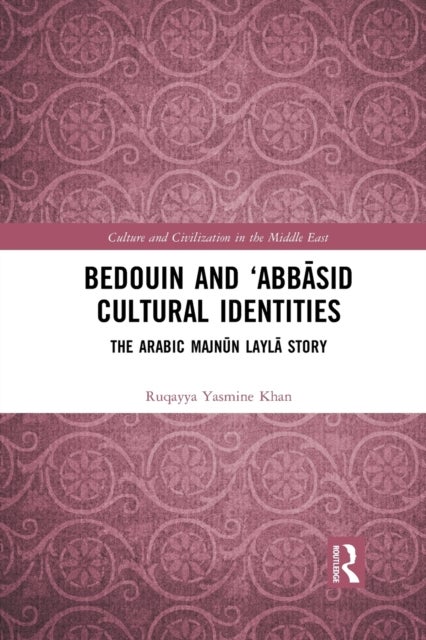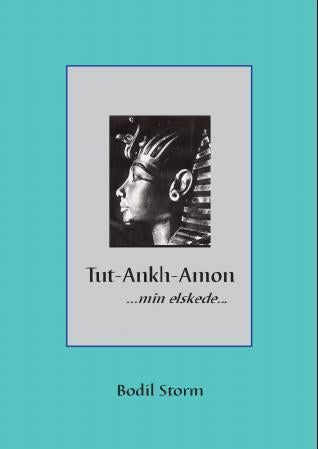
Bedouin and ¿Abbasid Cultural Identities av Ruqayya Yasmine Khan
499,-
<P>This literary-historical book draws out and sheds light upon the mechanisms of "the ideological work" that the Arabic <I>Majnun Layla </I>story performed for ¿Abbasid urbanite, imperial audiences in the wake of the disappearance of the "Bedouin cosmos." </P><br/><br/><P></P><br/><br/><P>The study focuses upon the processes of primitivizing Majnun in the romance of <I>Majnun Layla</I> as part of the paradigm shift that occurred in the ¿Abbasid empire after the Greco-Arabian intellectual revolution. Moreover, this book demonstrates how gender and sexuality are employed in the processes of primitivizing Majnun. As markers of "strangeness" and "foreignness" in the ¿Abbasid interrogations of the multiple categories of ethnicity, culture, identity, religion and language present in their cosmopolitan milieus. Such "cultural work" is performed through the ideological uses of alterity given its mechanisms of distancing (e.g., temporal and spatial) and nearness (e.g., affective). Lastly, the








